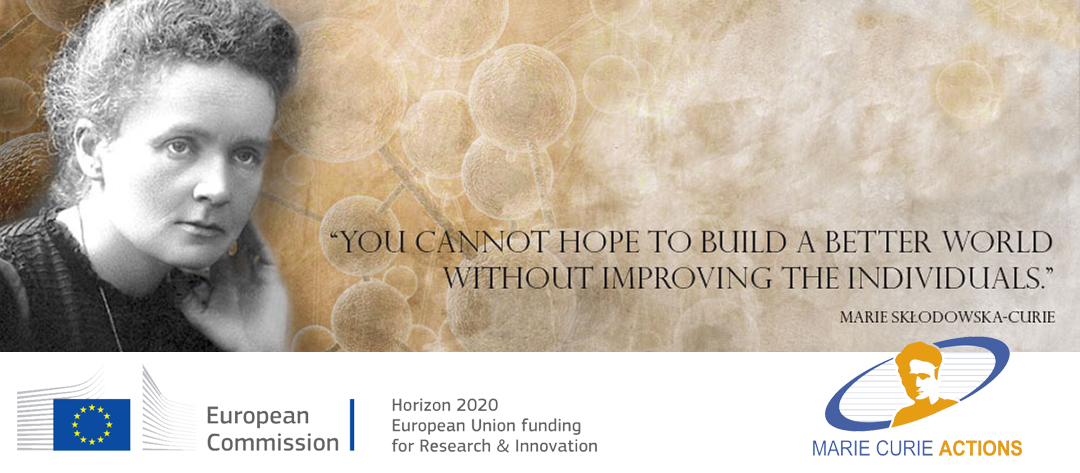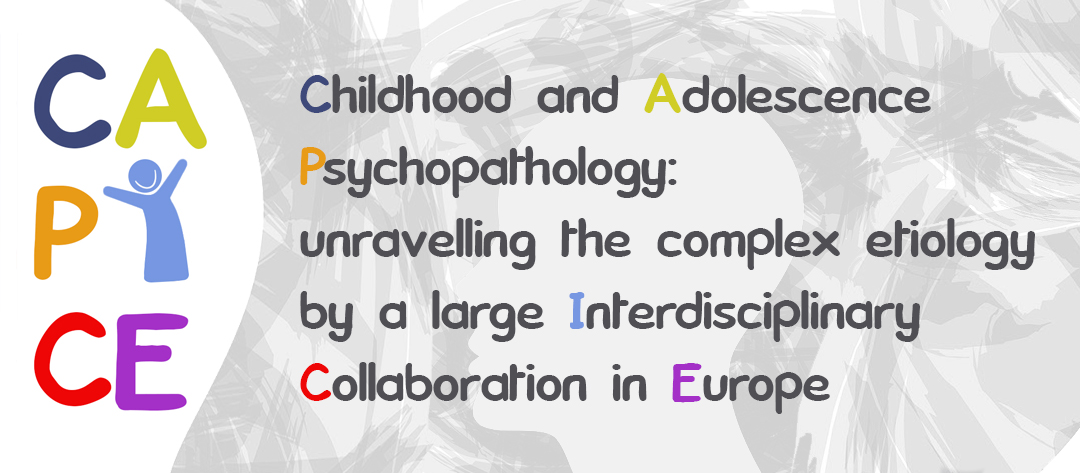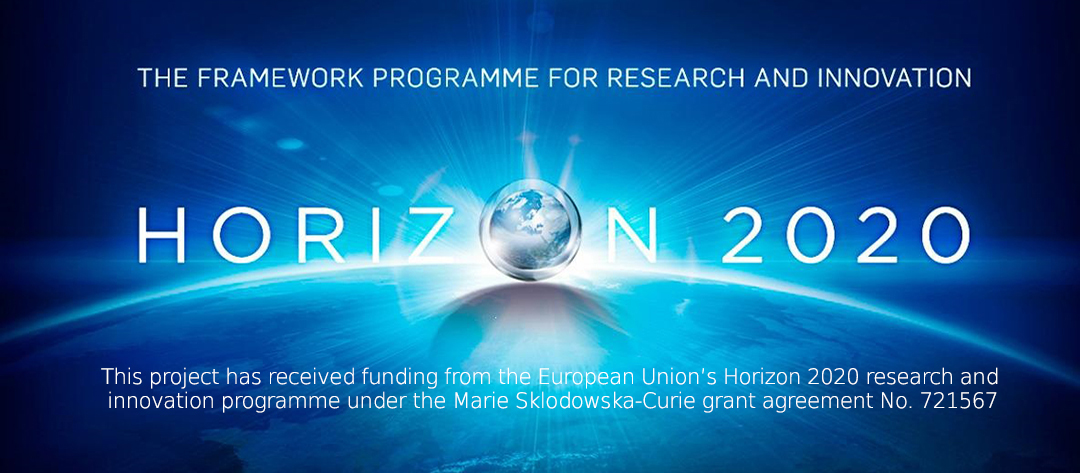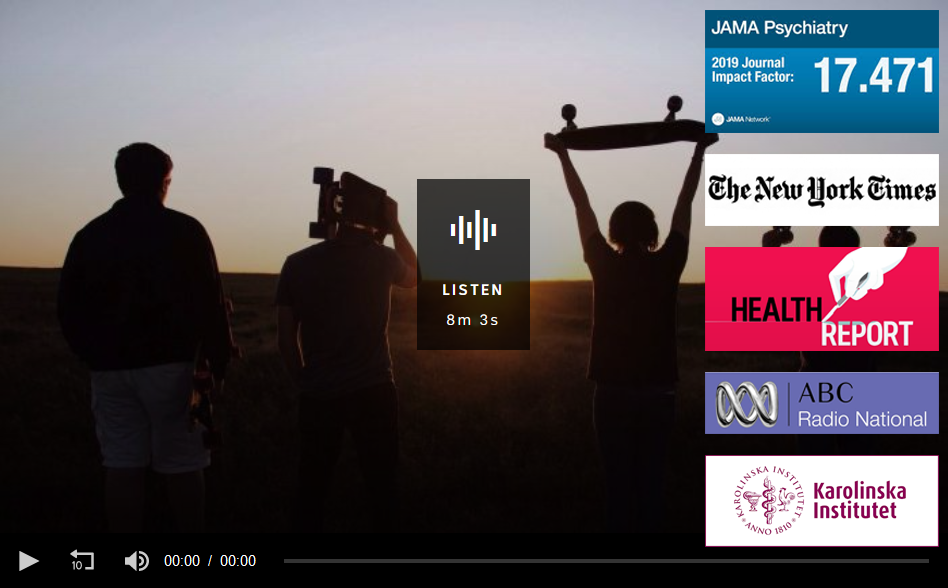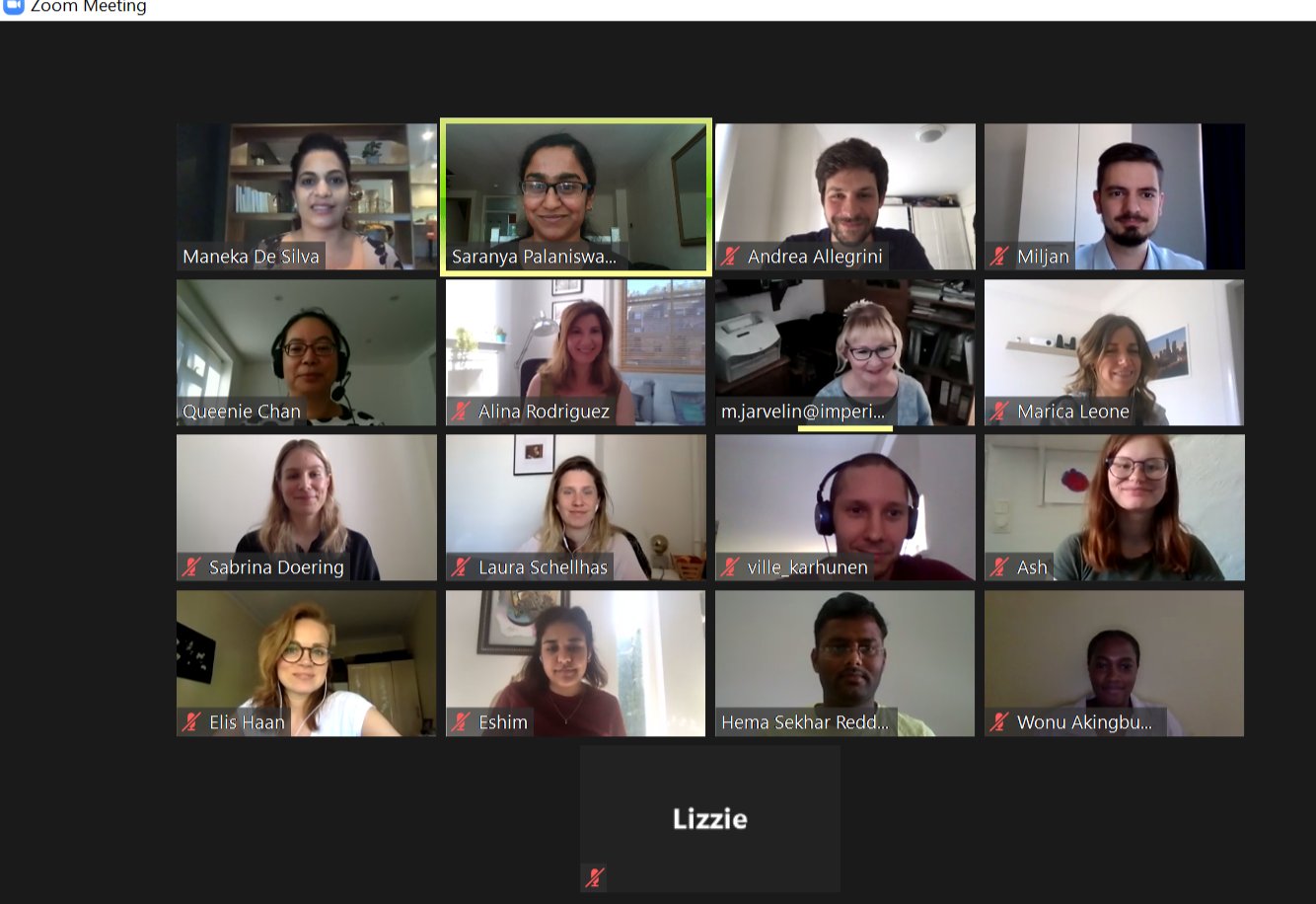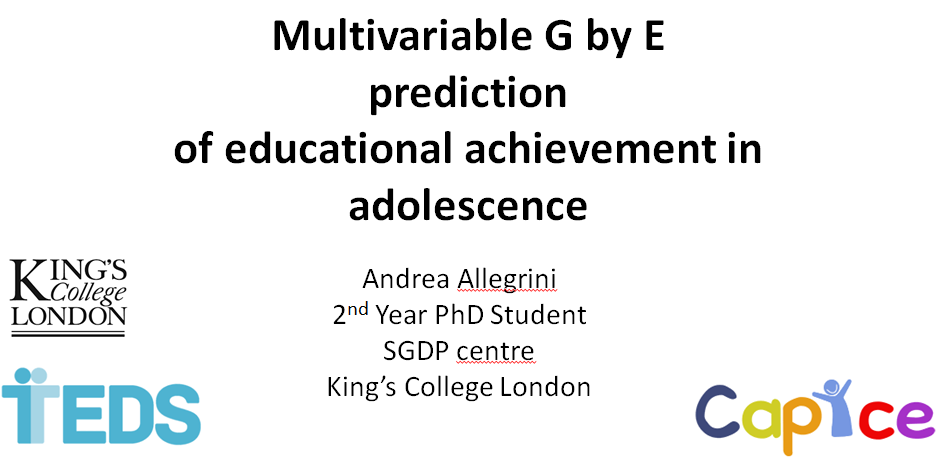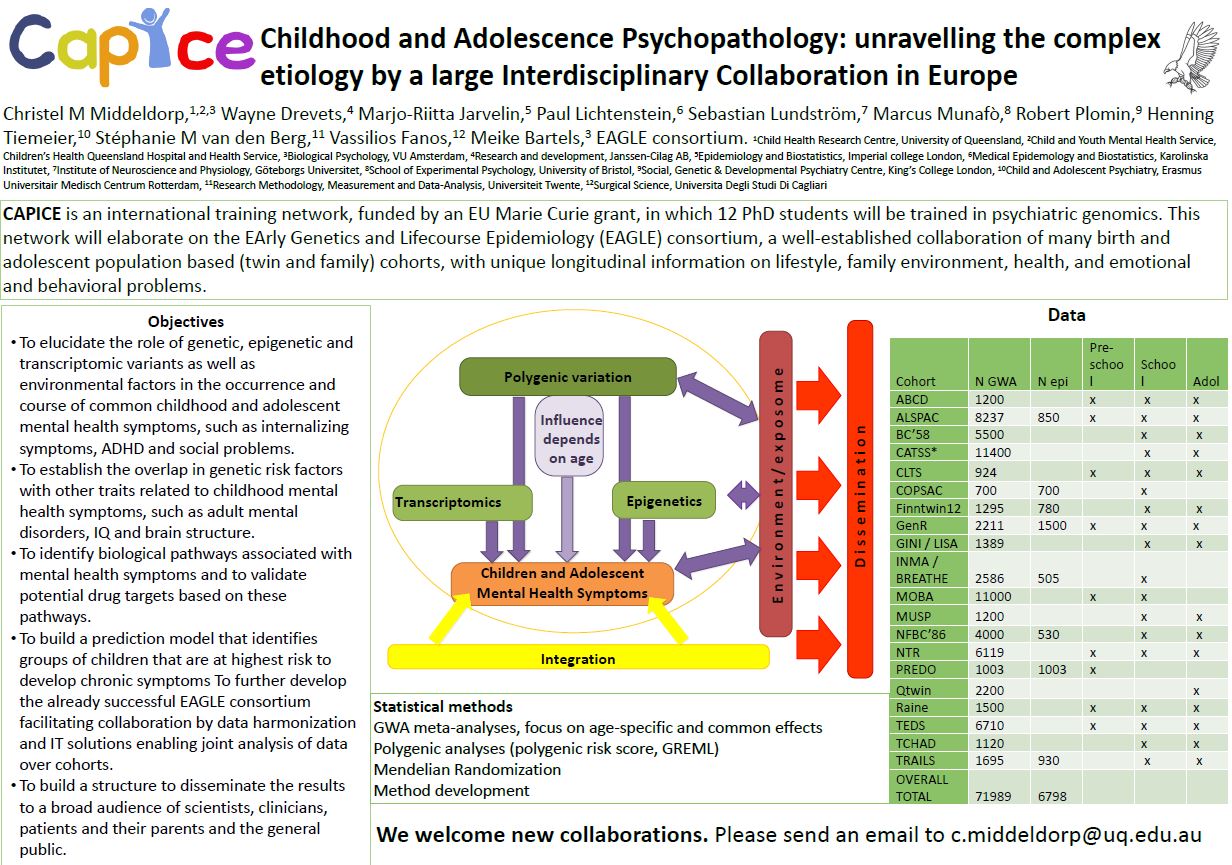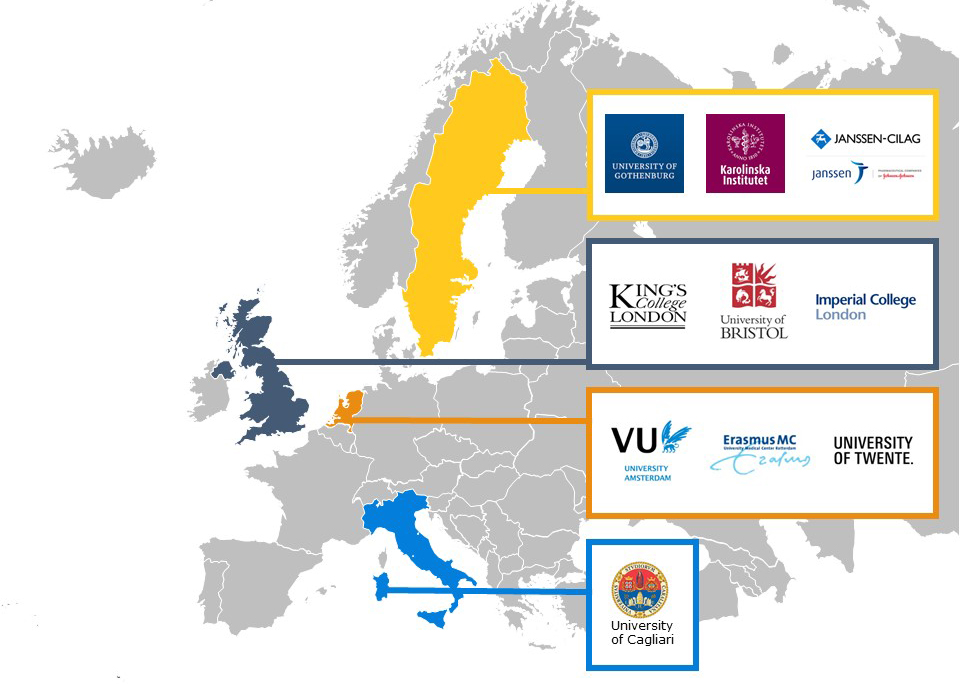Project objectives
1. To clarify the role of genetic and environmental factors in the occurrence, course and comorbidity of mental health symptoms across childhood and adolescence..
2. To establish the overlap in genetic risk factors with other characteristics related to childhood mental health symptoms, such as adult mental disorders, IQ and brain structure.
3. To identify genetic (inherited), epigenetic (due to chemical changes to the DNA) and transcriptomic (related to gene expression) variation associated with the occurrence, course and co-morbidity of mental health symptoms during childhood and adolescence.
4. To identify biological pathways associated with mental health symptoms and to validate potential drug targets based on these pathways.
5. To build a prediction model that identifies groups of children that are at highest risk to develop chronic symptoms and that should be targeted for more intensive prevention or treatment programmes.
6. To further develop the already successful EAGLE (EArly Genetics and Lifecourse Epidemiology) consortium into a sustainable international network of researchers in which collaboration is facilitated by data harmonization and IT solutions. This will enable joint analysis of data over cohorts..
7. To build a structure to disseminate the results to a broad audience of scientists, clinicians, patients and their parents and the general public.
These ambitious objectives can be achieved by training of the ESRs in:
- childhood and adolescent mental health symptoms and their (chronic) altereffects (as a result of a non-complete recovery from the mental disorder);
- methods to analyze twin data as well as large-scale (epi)genetic and transcriptomic data across multiple cohorts;
- dissemination of their results also through this website and its blog.

